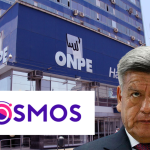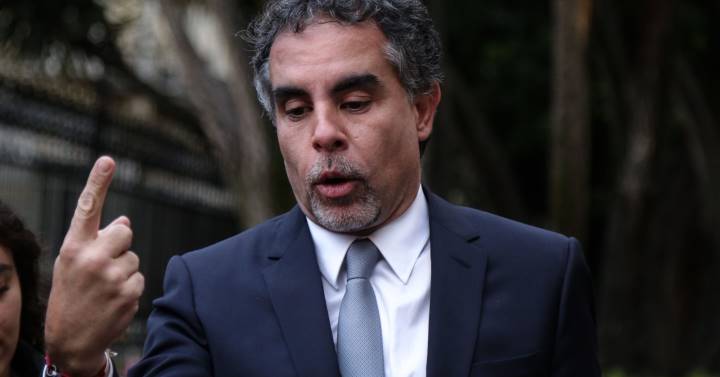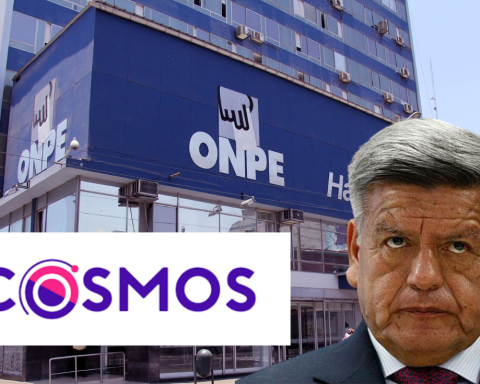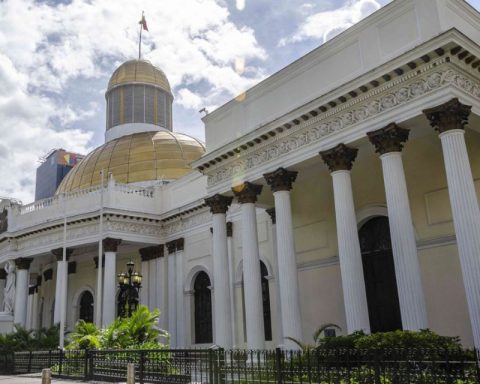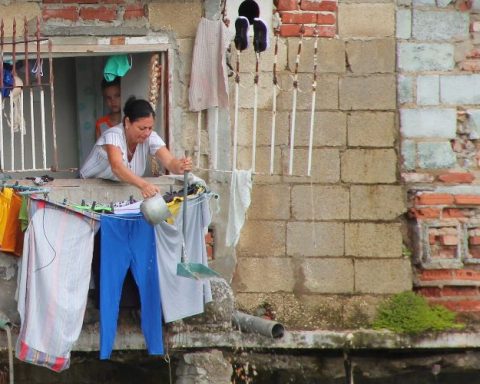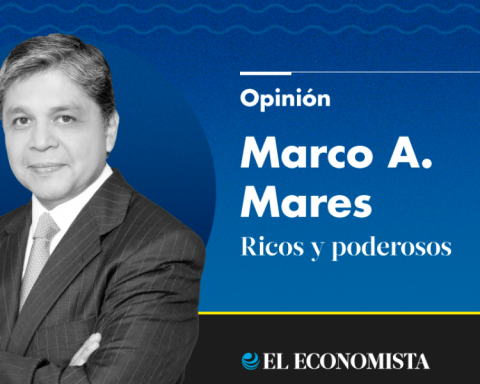The National Communications Entity (Enacom) specified this Tuesday the bidding for mobile telephony frequencies for the deployment of the 4G Internet service throughout the country, which will generate revenues for an estimated amount of US$27.7 million, equivalent to $4,018 million, the agency reported.
The technical and administrative process, initiated by Resolution 798/22 in May of this year, aimed to increase and improve coverage in those areas with little or no quality of mobile services and gives providers the possibility of increasing the amount of spectrum assigned.
“Based on this assignment and reordering of the spectrum, providers Claro, Movistar and Personal will be granted the possibility of equalizing their holdings both in total amounts and in amounts assigned in the 2600 MHz band. This will increase efficiency in the use of the band, given the new contiguous arrangement of the assigned ranks”, Enacom reported in a statement.
And I add: “This tender will promote access to networks, not only in large cities, but also in the most vulnerable populations, in rural areas or far from urban centers, to build a more democratic society with equal opportunities. In the same way, it will result in the expansion of economic and professional benefits for all regions of the country, by promoting the arrival of new investments in the different productive sectors”.
Now, 4G is going to work much better!?
We completed a successful bidding for frequencies for mobile telephony.
In this way, the State facilitates the conditions for private investment in telecommunications, which will provide a faster and higher quality service. pic.twitter.com/SzBcBwvg3Y
— ENACOM (@ENACOMArgentina) August 30, 2022
The objective of the tender is to promote the general efficiency and competition between the operators of the Mobile Communications Service, which will ultimately produce a greater benefit and more quality for the users of the 4G service.
The current management of Enacom -said the agency- considers Information and Communication Technologies (ICT) as a basic human right essential for the construction of citizenship and federalism and, for them, “prioritizes the reduction of the digital gap to through State policies for the deployment of connectivity in order to create new sources of work and develop specialized labor for the industries of the present and future”.







